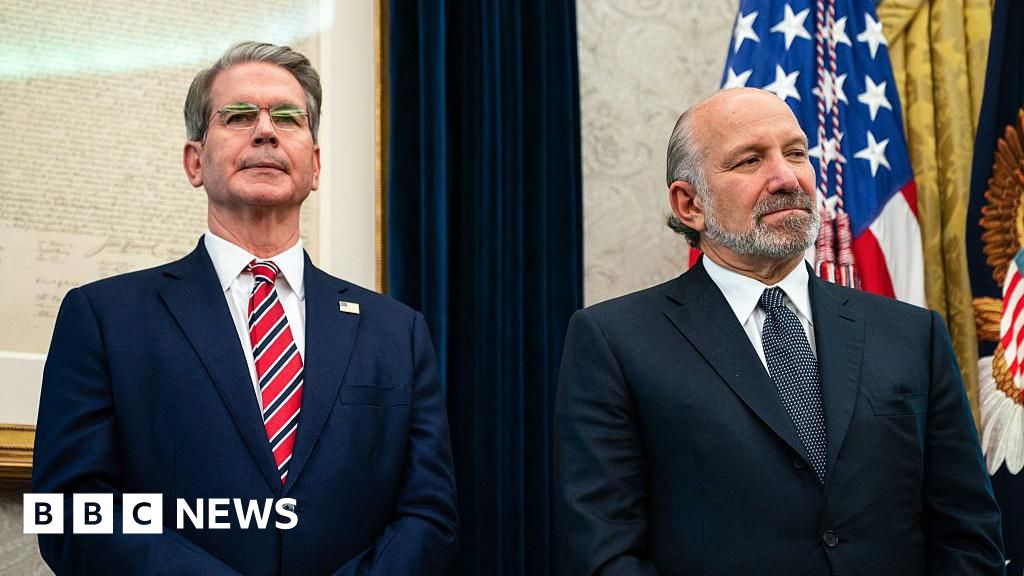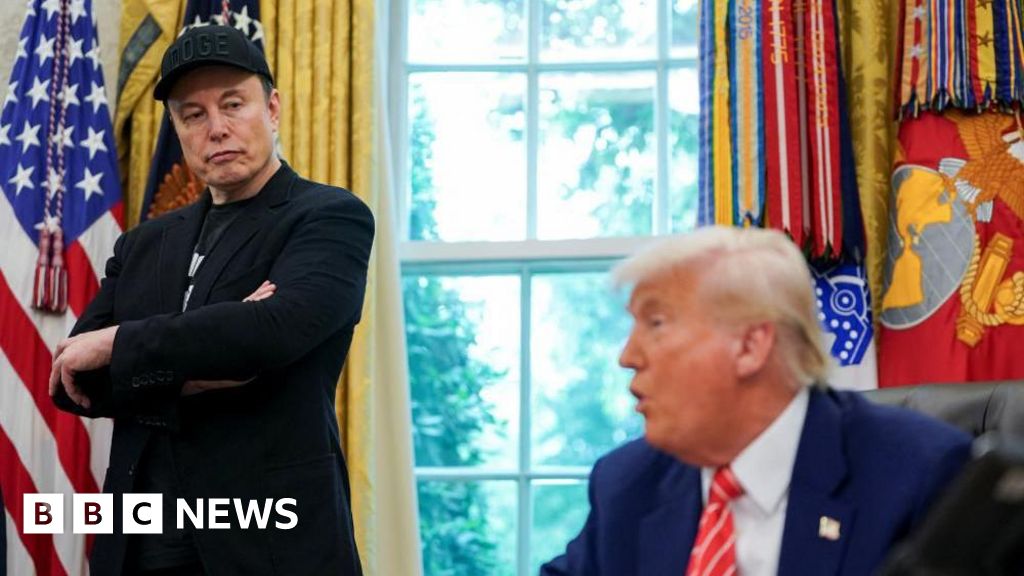ARTICLE AD BOX
Watch UAW union on strike: 'We're sending a message'
US President Joe Biden has sided with workers who have gone on strike in a pay dispute with three of America's biggest car-makers.
Nearly 13,000 staff walked off the job on Friday at three plants owned by General Motors, Ford and Stellantis.
The firms and the United Auto Workers union (UAW) are fighting over terms of new labour agreements.
In remarks on Friday, Mr Biden said "no-one" wanted industrial action, but he understood worker frustration.
"Workers deserve a fair share," he said. "The companies have made some significant offers, but I believe it should go further to ensure record corporate profits mean record contracts."
Existing labour contracts expired on Thursday, precipitating the walkout. Though currently limited, the strike is the first in union history to target all three companies at once.
The UAW, which represents more than 140,000 workers at the firms, has also warned it may widen the walkout, depending on how talks proceed.
The union is seeking a 40% pay rise over the four years of the contract, among other demands, far more than the roughly 20% that the companies have currently put on the table.
The dispute threatens to trigger higher car prices and major disruption for the motor giants.
It is a test for Mr Biden, who has struggled, at a time of stubborn inflation, to convince voters of his leadership on economic questions.
The Democratic president said he would send top advisers, including Labour Secretary Julie Su, to Detroit, Michigan, to help with the talks.
Mr Biden has cast himself as the most pro-union president in history and he is counting on support from organised labour for his re-election campaign next year.
But his relations have been strained at times, including last year, when he signed a bill to block a strike by US rail workers.
The UAW in May said it would not endorse his re-election campaign, citing concerns that the subsidies for firms working on electric vehicles had not been accompanied by commitments to workers.

 1 year ago
55
1 year ago
55








 English (US) ·
English (US) ·